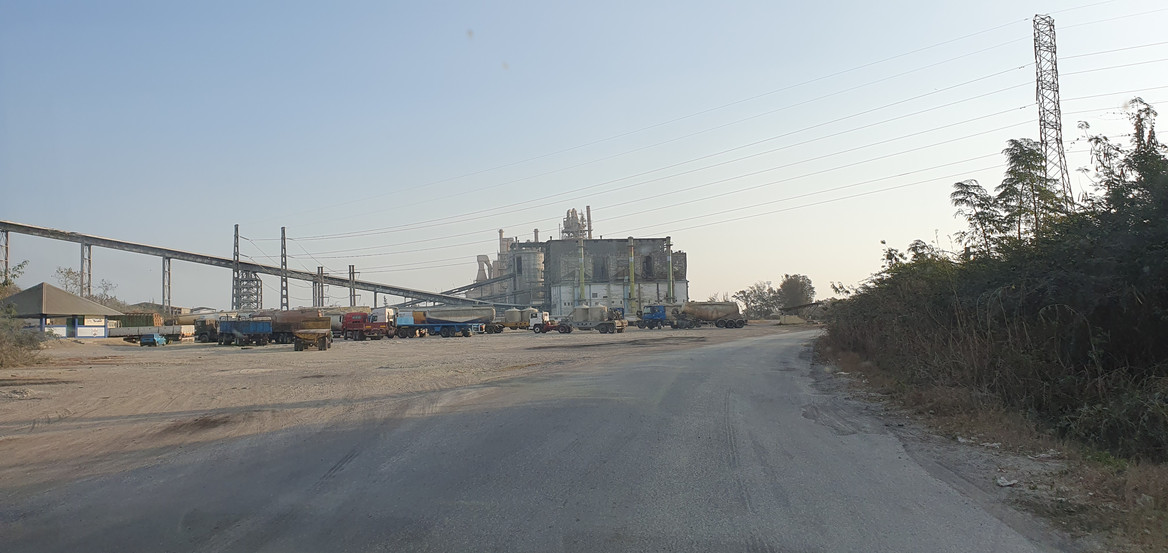Architectural Circulation in Global Socialism. Cooperation Projects of the GDR in Cuba and its Legacy (Working Title)
Research department: Contemporary History and Archive
Duration: 02/2020 - 07/2025
This dissertation project explores the planning and construction history of GDR building projects in Cuba within the context of transnational networks and the exchange of technology, materials, and ideas. The study spans from the first trade and credit agreement between the GDR and Cuba in 1960 to the collapse of the state-socialist countries of Eastern Europe in 1990, which resulted in Cuba losing its most important foreign trading partners. Despite the close relations between Cuba and the GDR within the Council for Mutual Economic Assistance (COMECON), many of these building projects remain largely unexplored.
The aim is to enhance understanding of the operational modes in the circulation of construction projects and knowledge within the framework of "Socialist Worldmaking" by analyzing these projects and their development histories. Using an interdisciplinary approach, this research will illustrate the architectural collaboration between the GDR and Cuban actors, challenge existing narratives of unequal power relations, and contextualize the legacy of these projects, which continue to influence urbanization and industrialization processes today.
The argument is supported by case studies from three decades, encompassing various temporalities, scales, and geographical locations. Additionally, the study examines the epistemic frameworks that implement, transport, and challenge buildings within the context of their realization at seemingly disparate locations. Another focus is on analyzing the conceptualization and dissemination of "Building in the Tropics" with socialist characteristics, as developed in the "Scientific Department of Building in the Tropics and Abroad" at the Weimar University of Architecture and Construction since the 1980s.
Contrary to the notion of a unidirectional export of ideas, expertise, and materials, this study demonstrates how Cuba did not incorporate itself to the expectations of a subordinate counterpart. Instead, Cuba utilized these construction projects to advance its vision of an independent, anti-imperialist industrial state, which in turn acted as an "exporter" of knowledge and buildings within South-South cooperation. In this context, the study confronts identity constructions and (self-) ascriptions as an industrial state/Third World country and a "Socialist International", along with cultural constructions associated with the label "Made in GDR."
To analyze planning materials, grey literature, and visual sources from various contexts, research will be conducted in institutional and private archives and libraries in both Cuba and Germany, complemented by field visits that include interviews with contemporary witnesses.
The thesis is part of the graduate programme 'Identity and Heritage' at the Bauhaus-Universität Weimar (Chair of Monument Conservation and Building History).


